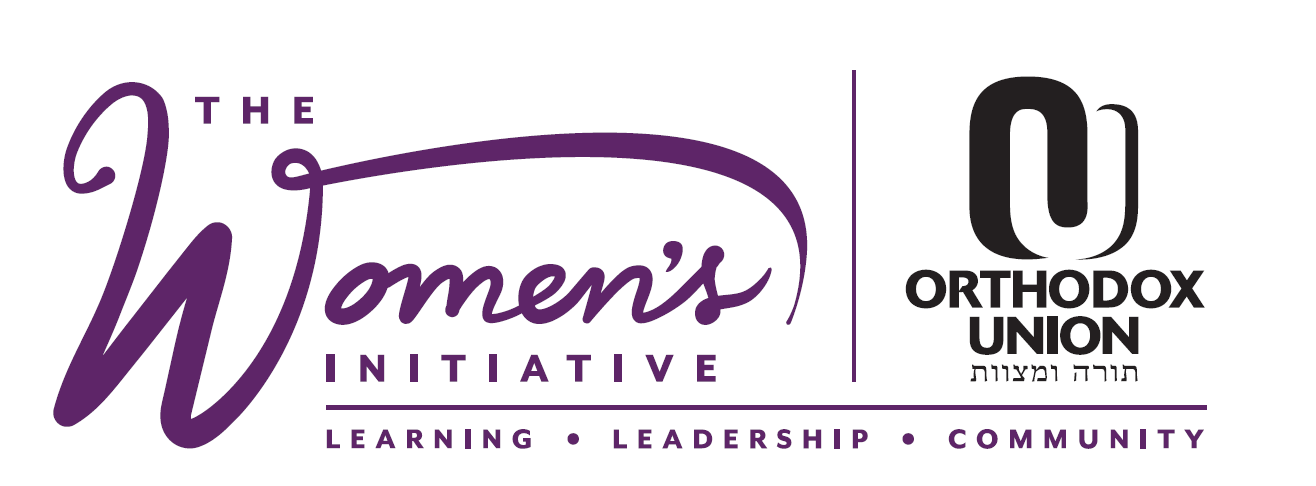Yechezkel 35
לעילוי נשמת Barbara Atlas, Bracha bas Avraham. She was a beacon of light to all who knew her. Barbara’s kindness and generosity had no bounds.
Lost in Translation
G-d told Ezekiel to face Mount Seir, home of Edom (the descendants of Esau) and foretell their fate. G-d has issues with Edom and He will act against them, making their land a ruin. This is because of their historical animosity against the Jews, dating back to the rivalry between Esau and Jacob. More recently, this manifested in Edom rejoicing in Israel's misfortunes when they were exiled. G-d will repay Edom with blood. The mountain that is their homeland will be strewn with corpses and become a wasteland, bereft even of foot traffic.
What did Edom do? They schemed to inherit two nations. (In its simplest sense, this refers to the two Jewish nations of Judah and Israel. Rashi cites a Midrash relating it to an incident in which Esau tried to turn his father-in-law, Ishmael, against his father, Isaac - who were brothers - in an attempt to inherit them both.) G-d swears that He will do to Edom as they did to others. They will know that G-d repays evil when He judges them for trying to grab that which wasn't theirs. G-d has heard the blasphemous stories Edom has concocted and He is acting upon them. When the rest of the world finally rejoices, united under G-d as the universally-recognized King, Edom will be punished. They rejoiced over Israel's misfortunes and others will rejoice over theirs.
This chapter includes some clever wordplay, which is lost in translation. The word for "their misfortune," "eidam," is similar to Edom. Also, Edom means "red" and is related to the word for blood, "dam," which is a recurring theme in this chapter. So, just to let you know, there's some stuff you miss in translations.
Author: Rabbi Jack Abramowitz

